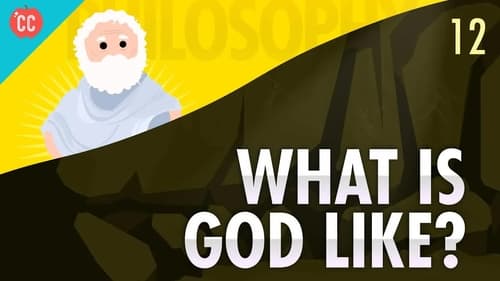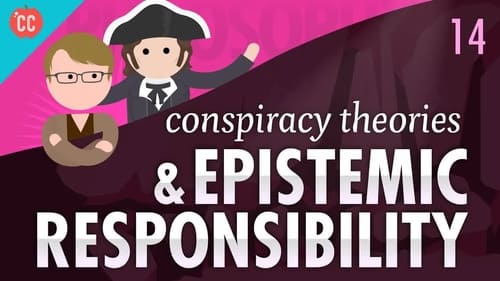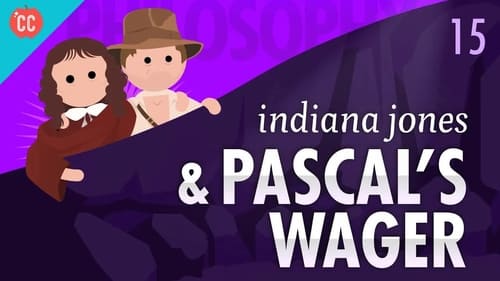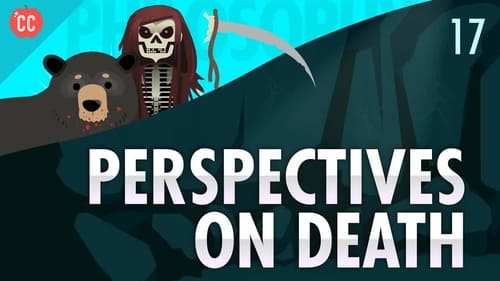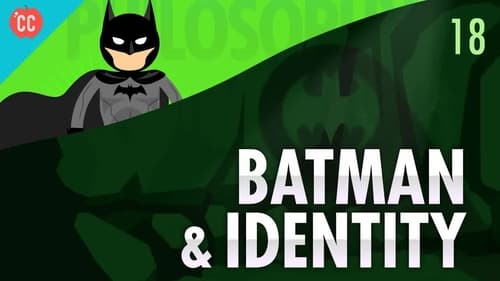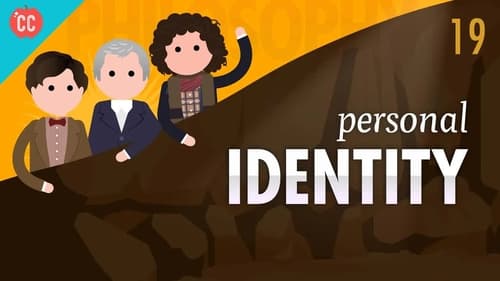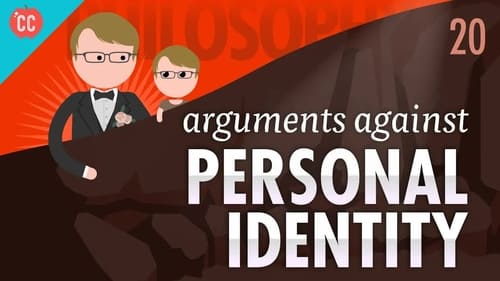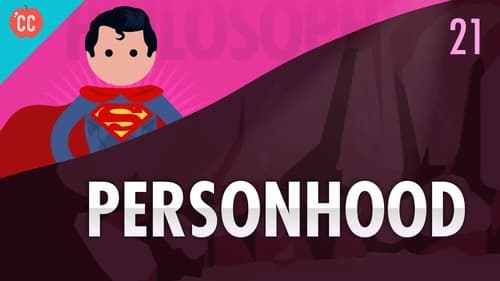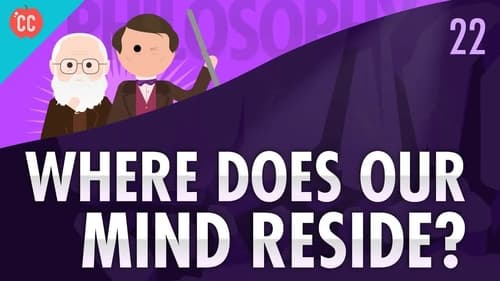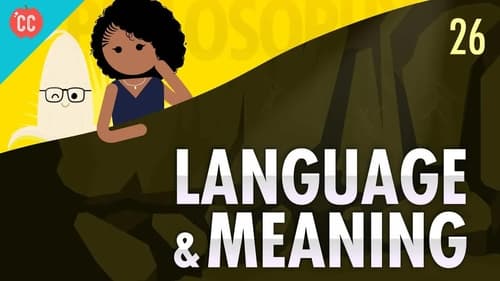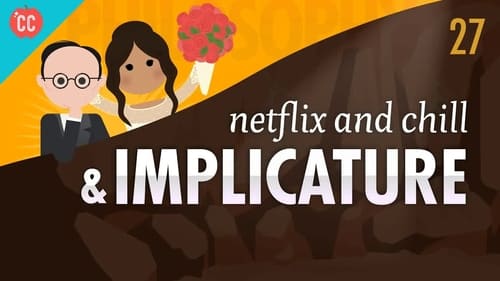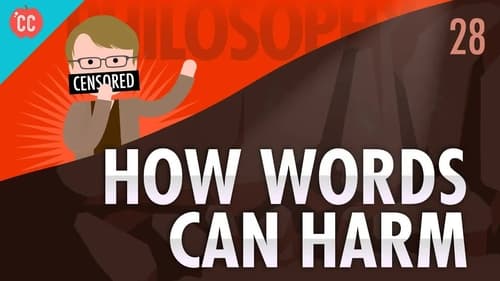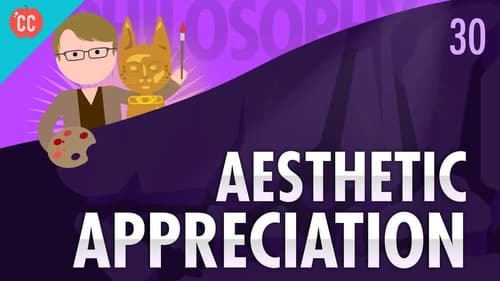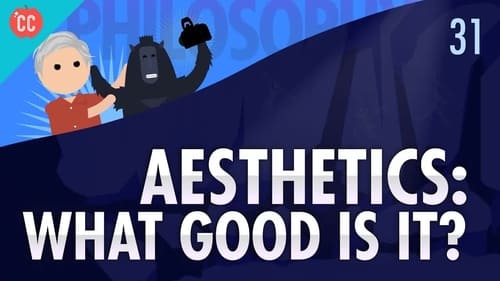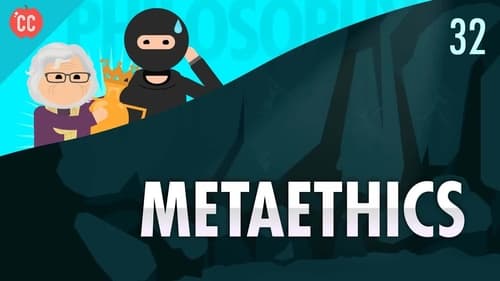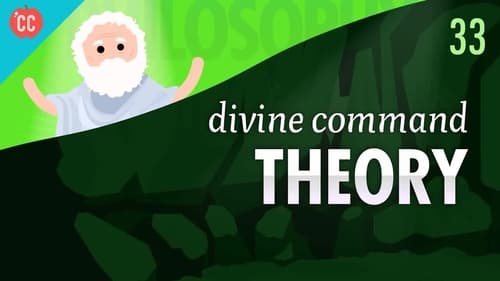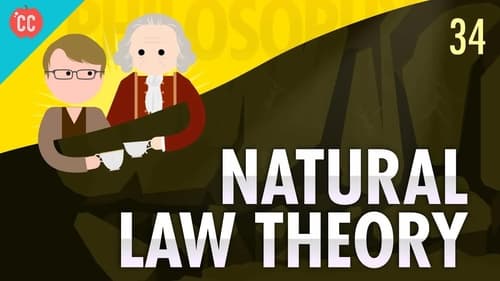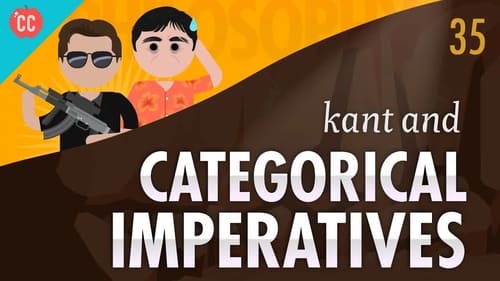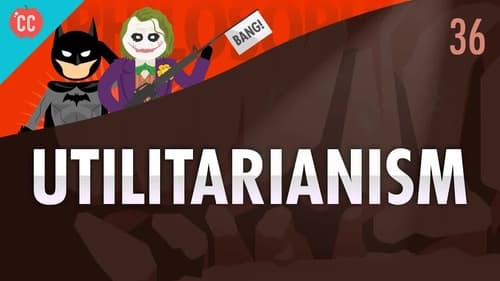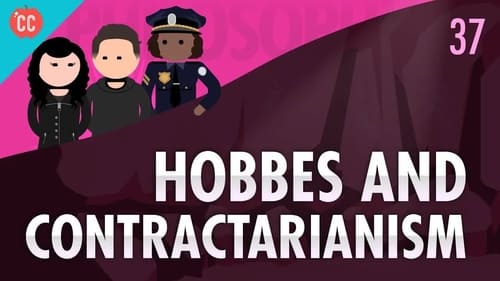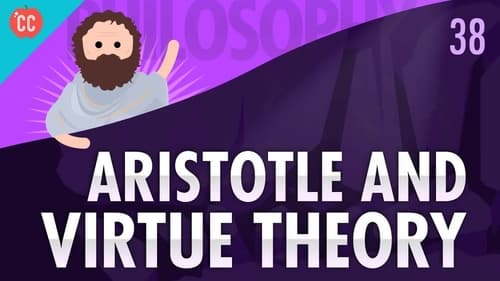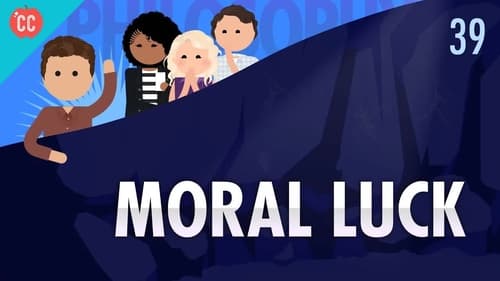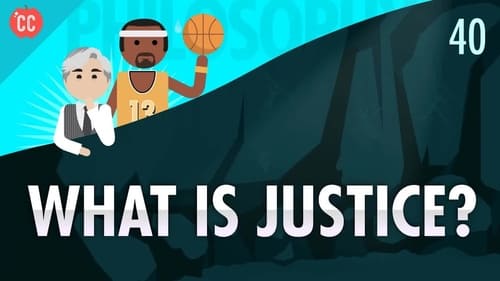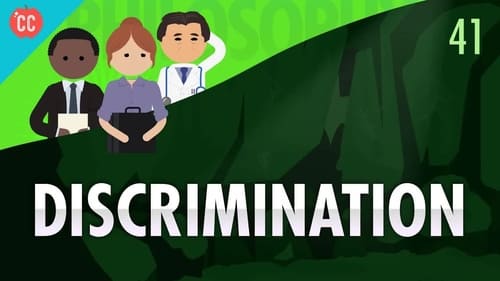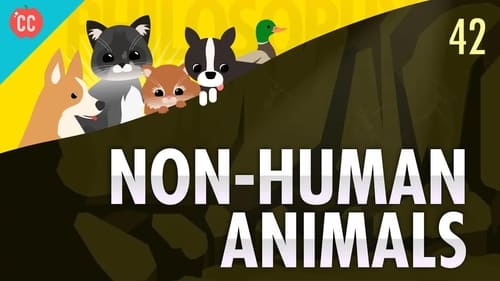
Documentary

The Worst Episodes of Crash Course Philosophy
Every episode of Crash Course Philosophy ranked from worst to best. Explore the Worst Episodes of Crash Course Philosophy!

The Worst Episodes of Crash Course Philosophy
Documentary
Every episode of Crash Course Philosophy ranked from worst to best. Explore the Worst Episodes of Crash Course Philosophy!
Hank begins to teach you about Philosophy by discussing the historical origins of philosophy in ancient Greece, and its three main divisions: metaphysics, epistemology, and...
Seasons1
Worst Episodes Summary
"What Is God Like?" is the worst rated episode of "Crash Course Philosophy". It scored /10 based on 0 votes. Directed by Unknown and written by Unknown, it aired on 5/2/2016. This episode scored 0.0 points lower than the second lowest rated, "Anti-Vaxxers, Conspiracy Theories, & Epistemic Responsibility".
